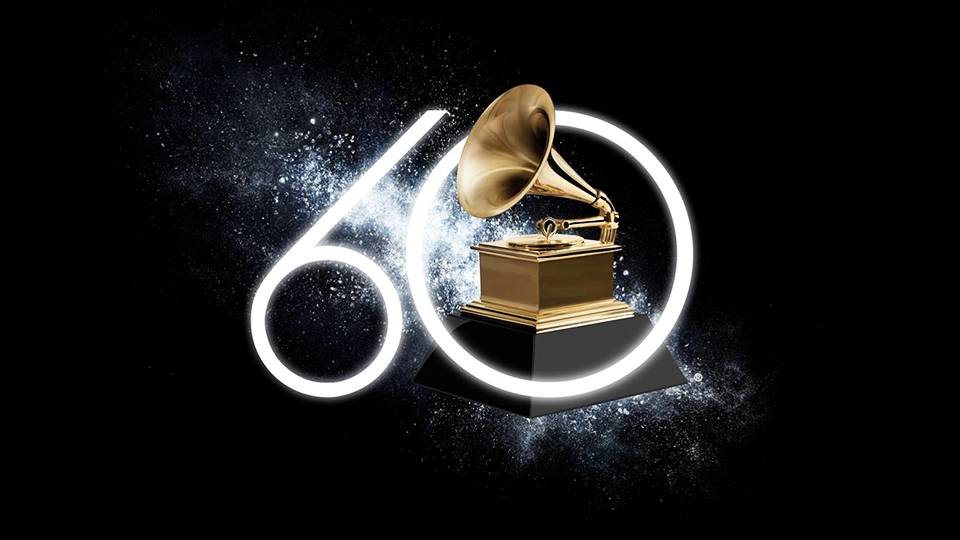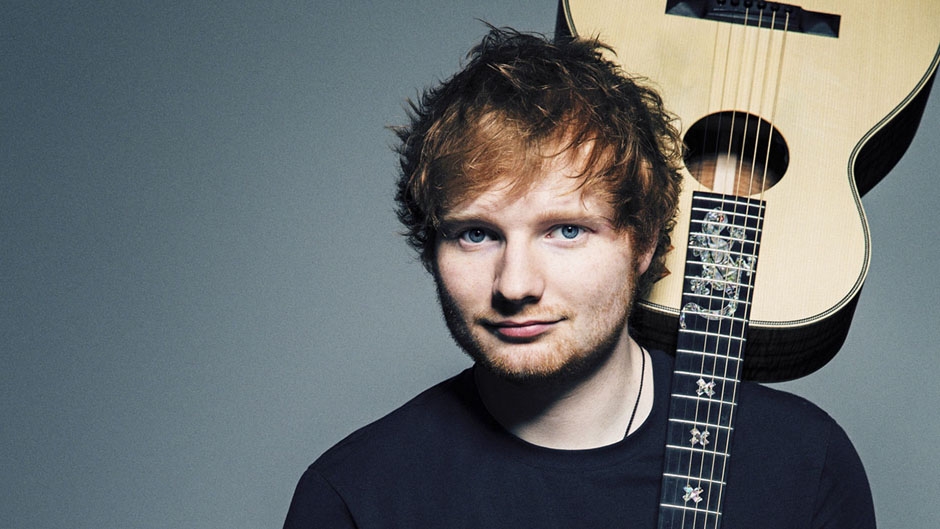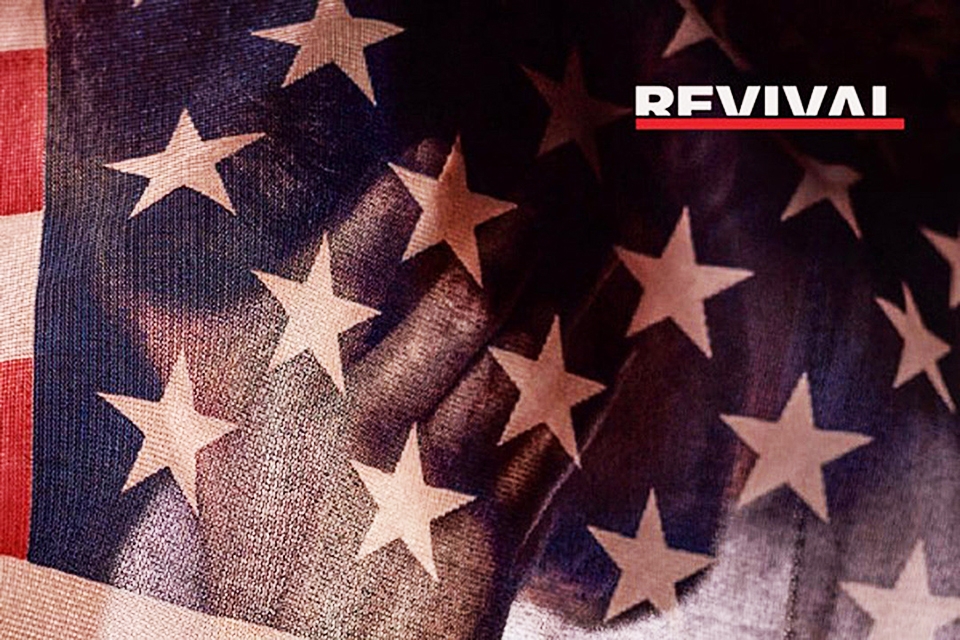

Bruno Mars won the night’s most sought after award, Album of the Year, for 24K Magic. The other nominees included Donald Glover’s “Awaken, My Love!”, Jay-Z’s 4:44, Kendrick Lamar’s DAMN. and Lorde’s Melodrama.
By Nicolas Jozefczyk | A&E Editor
02/01/2018
The 60th Annual Grammy Awards encapsulated strength, vulnerability and, quite frankly, too many honors for Bruno Mars. Unlike last year, the show did not stand out in terms of comedic breaks, but held strong with some jaw-dropping and tear-jerking performances from incredible artists.
Opening this year’s show, Kendrick Lamar performed a medley of his tracks alongside U2 and Dave Chappelle to a backdrop reading, “This is a satire by Kendrick Lamar.” Between songs, Chappelle presented a comedic break for an all-too-realistic art piece that had dancers dressed as soldiers marching and then falling down to the sound of gunshots.
Following Lamar, who had the best display of the night, host James Corden gave a subpar welcoming to the crowd, and the Grammys were off to the races.
The televised awards included the classics, like Best New Artist and Best Rap Album, the highly sought after Song of the Year, Record of the Year and Album of the Year, and one that did not belong with any of the others: Best Comedy Album.
Personally, I understand that there are many other Grammy awards that do not include popular music (or music at all) but presenting the “Best Comedy Album” to Chappelle wasted a time slot that could have been better used for live music, such as Lorde singing a song off of her nominated Melodrama.
The other performances ranged from lackluster, to expected, to just frankly amazing. “Despacito” by Luis Fonsi and Daddy Yankee, being the overall hit that it was, deserved its moment on stage. “Pray” by Sam Smith and “Better Man” by Little Big Town felt uninspired; there was nothing that distinguished these performances from just a normal concert. Lady Gaga’s medley, “Wild Hearts Can’t Be Broken” by P!nk, “Praying” by Kesha and “1-800-273-8255” by Logic featuring Alessia Cara and Khalid garnered the quality needed to be a real Grammy’s production.
There is no question in my mind who had the greatest Grammys performance.
Hands down, it was Kesha. Introduced by Janelle Monae, who gave a powerful speech about the #MeToo and Time’s Up movements, Kesha took the stage with backup from other powerful women in the industry — Cyndi Lauper, Julia Michaels, Bebe Rexha, Camila Cabello and Andra Day.
The white rose worn by people at the Grammys symbolized the support for the Time’s Up initiative, and Kesha was the centerpiece. Her ensemble included a white suit jacket that stuck out with embroidered roses, a clear nod to the movement.
Not only were people’s emotions dedicated solely to the serenading stars, the award show also struck plenty of negative chords with people watching at home, as well as with some artists, mainly about female representation.
The evening’s most noticeable controversy surrounded the overabundance of male winners opposed to female winners. Alessia Cara was the only female artist to win an award — Best New Artist — on TV. This underrepresentation was not caused out of the lack of effort made by women this year. In the Best Pop Solo Performance category, there were four ladies and one man nominated — Kelly Clarkson, Kesha, Lady Gaga, P!nk and Ed Sheeran — and despite being the only one that was not present to accept the award, Sheeran won.
Also, it might be an unpopular opinion, but 24K Magic and its singles did not affect the music industry enough to warrant Bruno winning the three biggest awards of the evening.
The 60th Annual Grammy Awards did not feel in touch with what music lovers feel. Other than for a couple spectacular performances, this show was uninspiring at best. Hopefully, the Recording Academy can start listening to the public and get off their collective high horse.




